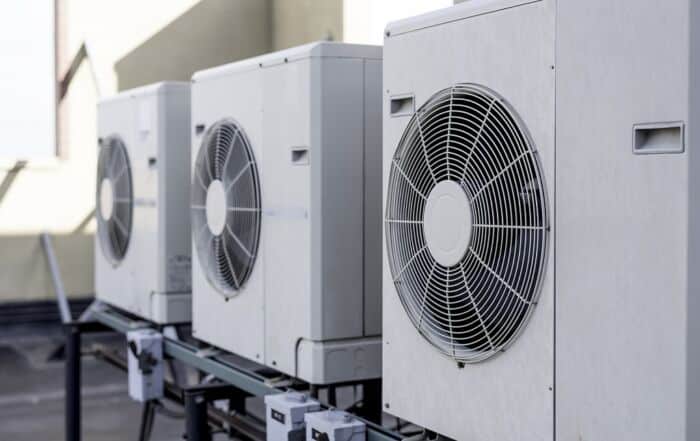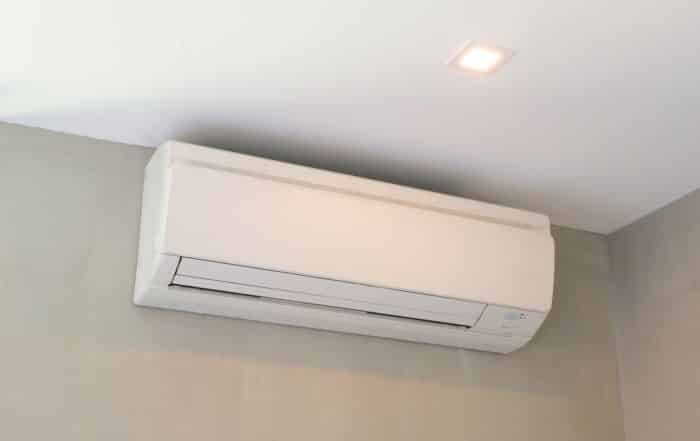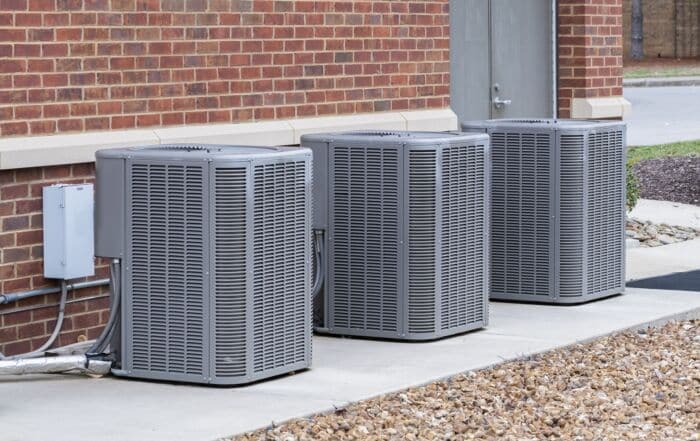As a homeowner, it's essential to have a basic understanding of your heating, ventilation, and air conditioning (HVAC) system. This knowledge will empower you to make informed decisions about your home's comfort, energy efficiency, and the overall health of your HVAC equipment.
Unfortunately, HVAC systems can be complex and overwhelming for those unfamiliar with their inner workings, leaving many homeowners feeling uncertain about what they need to know. That's why we've created this comprehensive guide to understanding your HVAC system, with insights and expert advice from the professionals at Dallas Heating & Air Conditioning.
In this educational and informative guide, we'll cover the core components of an HVAC system, the various types of systems available, their primary functions, and some proactive tips for maintaining your HVAC unit.
Equipped with this newfound knowledge, you'll be better prepared to address potential issues, communicate with HVAC professionals, and ensure your home remains comfortable and efficient throughout the year.
Exploring the intricacies of an HVAC system is crucial for anyone looking to extend the life of their equipment, save energy, and maintain a healthy living environment. Whether you're a first-time homeowner or someone eager to deepen their understanding of home comfort systems, this guide is designed to educate and inform you about the vital role HVAC systems play in our everyday lives.
So, let's dive into the world of HVAC and discover the essential components, types, functions, and maintenance tips for homeowners, brought to you by the experts at Dallas Heating & Air Conditioning – your reliable AC repair company in Dallas.
Core Components of an HVAC System: The Building Blocks
To better understand your HVAC system, it's important to familiarize yourself with its core components. These essential building blocks work together to provide heating, cooling, and ventilation to your home:
- Furnace: The furnace is responsible for heating your home, and can use various fuel types, including natural gas, propane, or electricity. The heated air produced by your furnace is then circulated throughout your home via ductwork.
- Air Conditioner: The air conditioner's primary function is to cool and dehumidify the air in your home during warmer months. The most common type of air conditioner is the split-system, which consists of an outdoor unit (condenser and compressor) and an indoor unit (evaporator coil).
- Ductwork: This network of insulated tubes or pipes carries heated or cooled air from your HVAC equipment to the vents in each room of your home.
- Thermostat: The thermostat is your HVAC system's control center, allowing you to set and adjust the desired temperature for your home.
Understanding the role of each component can help you diagnose potential issues and better communicate with HVAC professionals.
Types of HVAC Systems: Finding the Right Fit for Your Home
There are several types of HVAC systems available, each suited to different home sizes and climate needs. Some of the most common HVAC systems include:
- Central Air Conditioning and Heating Systems: These systems use ductwork to distribute heated and cooled air throughout your home. They can either employ a furnace and air conditioner or a heat pump, which can provide both heating and cooling.
- Ductless Mini-Split Systems: Mini-split systems consist of an outdoor unit and multiple indoor units. As the name suggests, these systems do not require ductwork and can be a more energy-efficient option for homes with limited space or unique architectural design.
- Heat Pumps: Heat pumps work by moving heat from one area to another and can be used for both heating and cooling. They can be air-source, which transfers heat between the outdoors and your home, or ground-source (geothermal), which utilizes the Earth's stable temperature to heat and cool your home.
- Zoned Systems: Zoned HVAC systems separate your home into multiple sections or "zones," each with its own thermostat. This allows for greater control over individual room temperatures, enhancing comfort and energy efficiency.
HVAC System Functions: Balancing Comfort and Efficiency
A properly functioning HVAC system provides both comfort and energy efficiency. Common functions include:
- Heating: Your HVAC system should provide consistent, even heating, creating a comfortable environment during colder months.
- Cooling: During warmer periods, the system should effectively cool and dehumidify the air in your home, ensuring a pleasant indoor temperature even when outside temperatures soar.
- Ventilation: The ventilation aspect of your HVAC system helps maintain healthy indoor air quality by exchanging stale indoor air with fresh outdoor air and controlling humidity levels.
- Energy Efficiency: A well-maintained, up-to-date HVAC system should operate efficiently, reducing energy consumption and lowering your utility bills.
Proactive HVAC Maintenance Tips: Extend the Life of Your System
Proper maintenance is essential for preserving the longevity and efficiency of your HVAC system. Some proactive maintenance tips include:
- Replace Air Filters Regularly: Dirty or clogged filters can restrict airflow and reduce efficiency. Replacing filters every one to three months ensures clean air and smooth operation.
- Schedule Annual System Checkups: Having a professional HVAC technician perform an annual inspection and tune-up can help identify potential issues before they become costly problems.
- Clean Outdoor Unit Components: Regularly remove debris and clean the outdoor unit's components, including the condenser coil and fan, to maintain optimal performance.
- Monitor and Adjust Thermostat Settings: Routinely evaluate your thermostat settings to ensure you optimize comfort and energy efficiency based on your schedule, preferences, and changes in outdoor temperatures.
Knowledge Is Power
Understanding your HVAC system is crucial for making informed decisions about your home's comfort, energy efficiency, and ongoing maintenance. With this comprehensive guide in hand, you can confidently troubleshoot potential issues, communicate with HVAC professionals, and make the most of your investment in your home's heating, cooling, and ventilation systems.
Don't let a broken AC leave you sweating this summer! Contact our reliable AC repair company in Dallas for affordable and efficient air conditioning repairs. Our team of experts is dedicated to providing top-notch heating and air conditioning repair services to keep you comfortable all year round. Don't wait until it's too late - call us today to schedule your appointment and enjoy the peace of mind that comes with having a reliable AC repair company by your side!
Related Posts
Exploring Ductless Air Conditioning Systems for Small Spaces
If you’re a homeowner tired of sweating through sweltering summers, a ductless air conditioning [...]
Signs Your Air Conditioning Unit Needs Professional Maintenance
Imagine coming home on a sweltering summer day only to find that your air [...]
Common Misconceptions About Air Conditioning Usage and Costs
Air conditioning units are a staple in many homes, especially during the hot summer [...]


